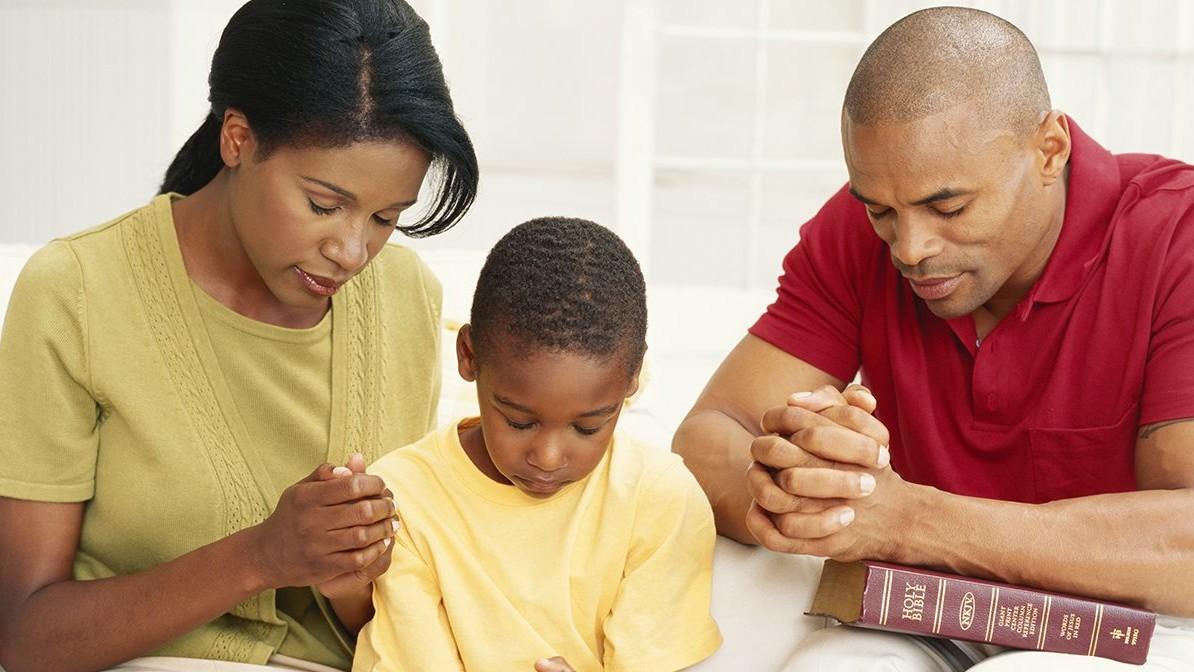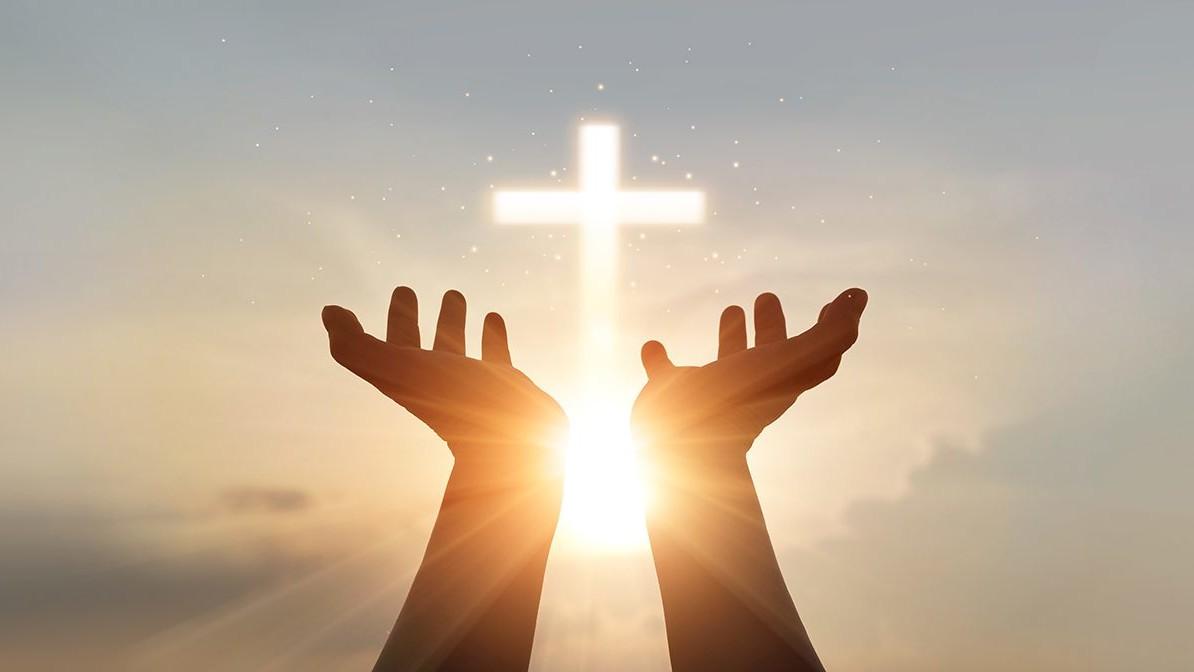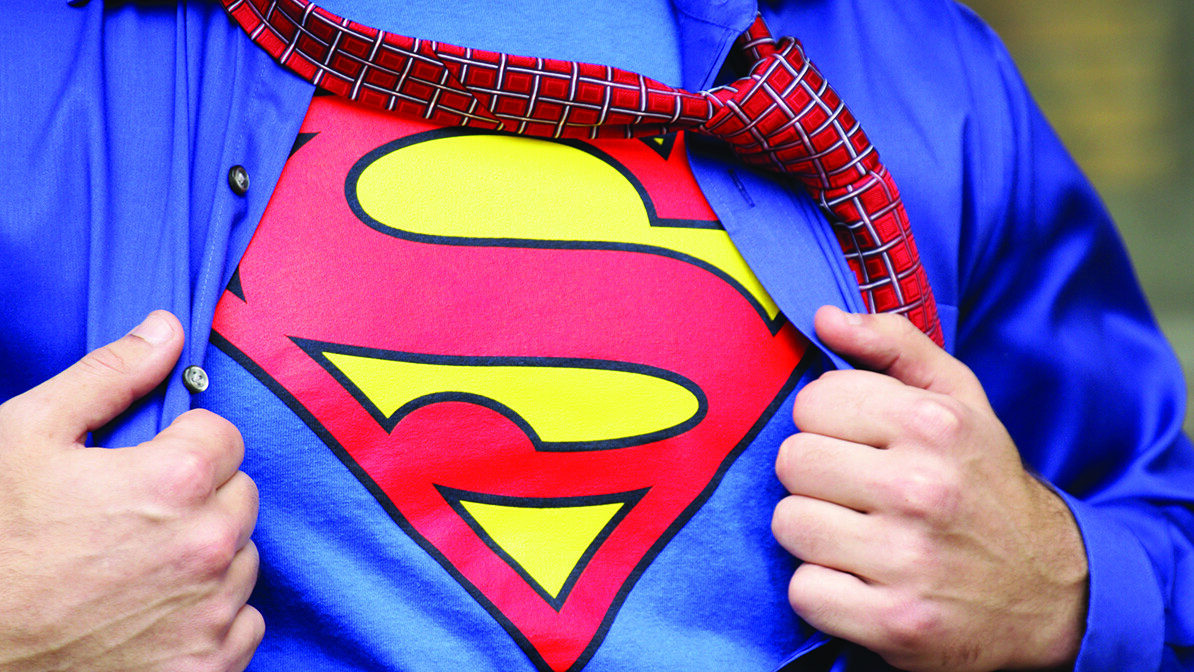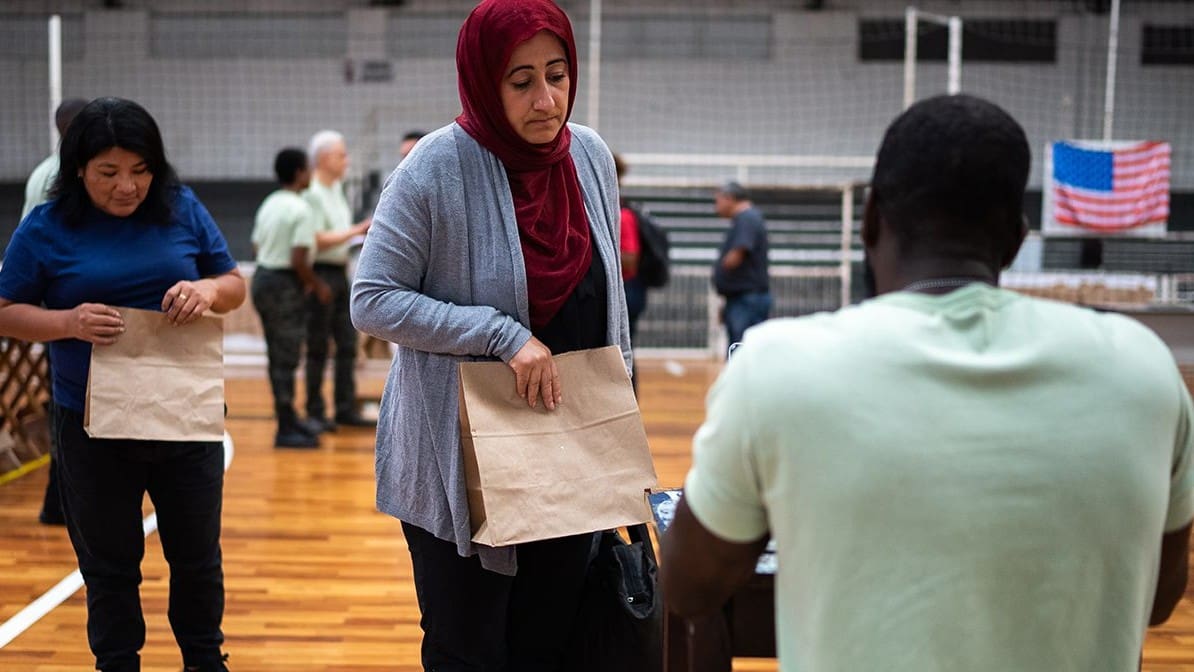- Home
- Spiritual Life
- You Are More Than the Part of Your Story You Hate Most (Part 1)

You Are More Than the Part of Your Story You Hate Most (Part 1)
John Farrell: What was your inspiration for writing When You Don’t Like Your Story?
Sharon Jaynes: I saw so many women through my 30 years of ministry that really did not like the story that they were living. Or they had certain parts of their story that they didn’t like. They had parts of their story that they wish God had just left out or that they could just rip out and pretend they weren’t there. And this is not just women. My ministry is toward women, but there are many men and women struggling with secret shame and pain of things that have happened in their past and they’ve just stuffed it down and they don’t like that part of themselves.
What I want them to know is that you are more than the part of your story you hate most. I want them to see that we can take those difficult parts of our story and allow God to turn them into the most miraculous parts of our story. The subtitle is What If Your Worst Chapters Could Become Your Greatest Victories? That’s what I really want people to understand; the worst parts of our stories can become what God uses the most in our lives and then to turn around and use our stories to help someone else.
JF: Would you say that’s the overall message you hope readers take from reading your book?
Sharon: Yes, the overall statement is that subtitle, What If Your Worst Chapters Can Become Your Greatest Victories? It takes them through a process of looking at those worst chapters and deciding, “Do I want to get well?” Many times we have these difficult parts of our story, either something has been done to us by someone else, or we’ve made mistakes ourselves. I call it “been done to us or through us.” So, sometimes the dark parts of our stories are mistakes that we’ve made and we just kind of cling to that, we hang onto it. That pain in our lives, especially when someone’s hurt us, we can make it like an idol. Not that we worship it, but we put this pain on a shelf and we dust it off every now because we’re afraid that if we let go of it we just might forget, and that person will go free. But the truth is we have to let go of it. The first step for any kind of healing — for an addiction or any kind of healing — is taking that first step of deciding, “I want to get well. I want to be better. I want to have a better story.”
The biblical example I use is when Jesus went to the pool of Bethesda and there were the crippled, lame, and sick around this pool waiting for the water to be stirred because they believed that when the water stirred an angel stirred it, and the first one in would be healed. There was a man sitting there by that pool begging for 38 years. Jesus walks up and asks him the strangest question. He asks that man, “Do you want to get well?”
We read that and think, “Well, of course he does. He’s been sitting there for 38 years.” Jesus asked the question and it was a “yes” or “no” question. The man didn’t really answer Him, he just made excuses. Isn’t that the way it is with us? Jesus asks us a “yes” or “no” question. It’s not a discussion question, but he started making excuses: “I do want to get in this, but it’s not my fault. Nobody will help me.”
We know that Jesus heals this man, but that is the first question that we have to decide. Do I want a better story? If I want a better story, if I want to be healed from the pain of what’s happened to me or the shame of the mistake that I’ve made, I have to make a decision. Do I want to get well? Then once we make that decision, it’s my prayer that people will read this book and say, “I am sick of living under the darkness and the weight of this bad part of my story and I want to move out from under it.”
I’ve talked with many women who will say that they do, but they just keep repeating and repeating what was done, how it was done, and who did it. They’re refusing to let go of it. Sometimes I think it’s because we’re like, “I know how to live like this and it’s a lot easier or more comfortable to live in a bondage that I know than in a freedom that I don’t know.”
JF: It’s kind of like a lady who’s in an abusive relationship and knows that she should probably escape that environment, yet she doesn’t choose to leave.
Sharon: Because she knows what to expect. A better example might be a woman who was a little girl raised in an abusive situation, maybe with an abusive father, and then she marries somebody just like that because she knows what to expect in that situation rather than to embrace something that would be totally different. And with a man who’s struggling with an addiction to do something totally different. He knows how to live in that, but to change and let go of that, well he’s not sure how to live clean. You can apply that to so many different areas.
It is very sad, but once someone decides, “You know what? I want a better story. I don’t want to live like this any longer.” Then the next step is that they’ve got to forgive those people who have hurt them. Our whole faith is based on forgiveness, isn’t it? Our whole Christian faith, if it’s not about forgiveness, it’s not about anything at all because Jesus died so that we could be forgiven. So, it comes down to us applying that to other people and we struggle.
I remember sitting at a college football game one time and I was on the end of a row. As people walked up the steps of the bleachers, people kept tripping on the step right beside me. It almost got funny. Nobody got hurt, but they would stumble. At half-time, I measured the step and it was just a little bit higher than the other step. I think about forgiveness in the Christian faith is just a little bit higher; that discipline’s a little bit higher than some of the other disciplines. But I will tell you that if we do not forgive those people who have hurt us, we will stay stuck in a bad story.
The Greek word for “forgiveness” in the New Testament is actually pronounced aphiemi, but in my Southern drawl one day I said “off of me.” I thought, “Man, that’s really what it’s like.” Because to forgive someone literally means to cut someone loose. So, you think about that person strapped on your back, you’re going to cut them loose, and to not forgive them means to strap them on your back. So, you’re carrying this burden of unforgiveness around with you. The people that we don’t forgive usually don’t care and most of the time they don’t even know. So, the only person we hurt when we choose not to forgive is ourselves and we get stuck in a bad story.
JF: Why is this book so important in today’s world?
Sharon: It’s so interesting how God works because when I started writing this book it was over a year ago. It takes about a year and a half or more for a book to finally come out. When I started writing, When You Don’t Like Your Story, it was in 2019. Then what happened? 2020. And 2020 is a story we don’t like. I don’t know anybody who really loved 2020, but what a perfect time for this book to come out and God knew that. He’s so much smarter than we are. We couldn’t have figured that out, but He knew that people were going to be stuck in a story of 2020 that they did not like.
I think that because of 2020, some of the dark chapters in our lives that have bothered us in the past have really become more burdensome. We’ve had more time to sit at home and think about them and we’ve seen so much depression and people feeling stuck because of the situation the world is in right now. They’re not liking this chapter, but I think by not liking this chapter we’re in right now, it’s making us think about other chapters in our lives that we don’t like. So, God put this burden on my heart about having a better story and trusting God to hold the pen to that story before 2020 happened, but He knew it was coming and I didn’t.
…
Order your copy of When You Don’t Like Your Story: What If Your Worst Chapters Could Become Your Greatest Victories? by Sharon Jaynes
Trending Now
Sign up today for your Inspiration Today Daily Newsletter
Supercharge your faith and ignite your spirit. Find hope in God’s word. Receive your Inspiration Today newsletter now!
John Farrell
John Farrell serves as the Digital Content Manager at Inspiration Ministries, where he oversees the planning, organization, and management of website content to support the ministry's global digital outreach. With a strong background in writing and editorial strategy, John ensures that the articles, devotionals, and discipleship resources on Inspiration.org are accurate, engaging, and aligned with the ministry's mission.
John has authored more than 1,000 articles, press releases, and features for Inspiration Ministries, NASCAR, Lionel, and Speed Digital. His versatility as a writer is also showcased in his 2012 book, The Official NASCAR Trivia Book: With 1,001 Facts and Questions to Test Your Racing Knowledge.
A graduate of Appalachian State University, John brings excellence and attention to detail to the digital experience at Inspiration Ministries. He lives in Concord, N.C., with his wife and two sons.
Related Articles
February 10, 2026
God’s One-Eighty: A Testimony of Rejection, Truth, and New Life
She was told God didn’t love her—until the truth set her free. Maybe, like Serena, you’ve believed…
February 9, 2026
The Power of Worship
Worship isn’t just something we do—it’s a way we draw near to God and allow Him to draw near to us.…
February 6, 2026
Living Out Your Real Identity
You may have spent your life pretending to be someone you think you should be, instead of living…
February 6, 2026
Friendship with Jesus: Finding JOY in Serving Others
Friends influence our lives in many ways—attitudes, actions, and even our goals. We truly do become…
Next Steps To Strengthen Your Walk
Inspiration Today Newsletter
Supercharge your faith and ignite your spirit. Find hope in God’s word. Receive your Inspiration Today newsletter now!
Christian Articles
Find articles to strengthen your walk and grow your faith. We have a wide range of topics and authors for you.
Submit A Prayer Request
We are here for you. Simply click on the button below to reach us by form, email or phone. Together we will lift our hearts and voices with you in prayer.






